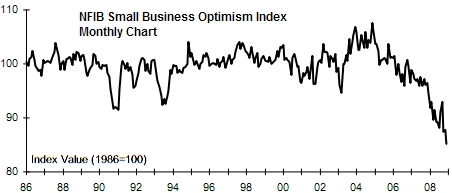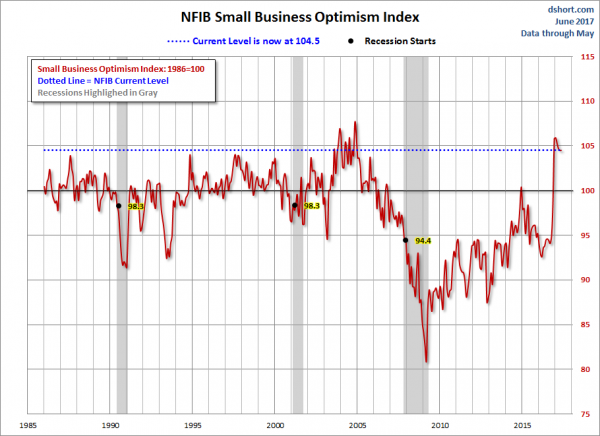
Seasonally adjusted, a net 50 percent of owners plan price hikes, up four points from February.Īs reported in NFIB’s monthly jobs report, a net 20 percent of owners are planning to create new jobs in the next three months, up one point from February. Price hikes were the most frequent in wholesale (84 percent higher, 0 percent lower), construction (83 percent higher, 3 percent lower), agriculture (78 percent higher, 2 percent lower), and retail sales (77 percent higher, 2 percent lower). Unadjusted, three percent of owners reported lower average selling prices and 71 percent reported higher average prices.

The net percent of owners raising average selling prices increased four points to a net 72 percent (seasonally adjusted), the highest reading recorded in the series. The net percent of owners raising average selling prices increased four points to a net 72 percent (seasonally adjusted), the highest reading in the survey’s history.Forty-seven percent of owners reported job openings that could not be filled, a decrease of one point from February.Owners expecting better business conditions over the next six months decreased 14 points to a net negative 49 percent, the lowest level recorded in the 48-year-old survey.“With inflation, an ongoing staffing shortage, and supply chain disruptions, small business owners remain pessimistic about their future business conditions.”

“Inflation has impacted small businesses throughout the country and is now their most important business problem,” said NFIB chief economist Bill Dunkelberg.

Inflation has now replaced “labor quality” as the number one problem. Thirty-one percent of owners reported that inflation was the single most important problem in their business, up five points from February and the highest reading since the first quarter of 1981. The National Federation of Independent Business (NFIB) Small Business Optimism Index decreased in March by 2.4 points to 93.2, the third consecutive month below the 48-year average of 98.


 0 kommentar(er)
0 kommentar(er)
